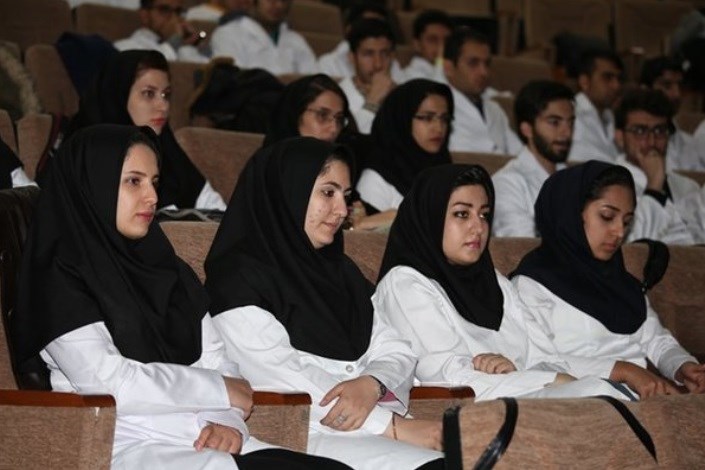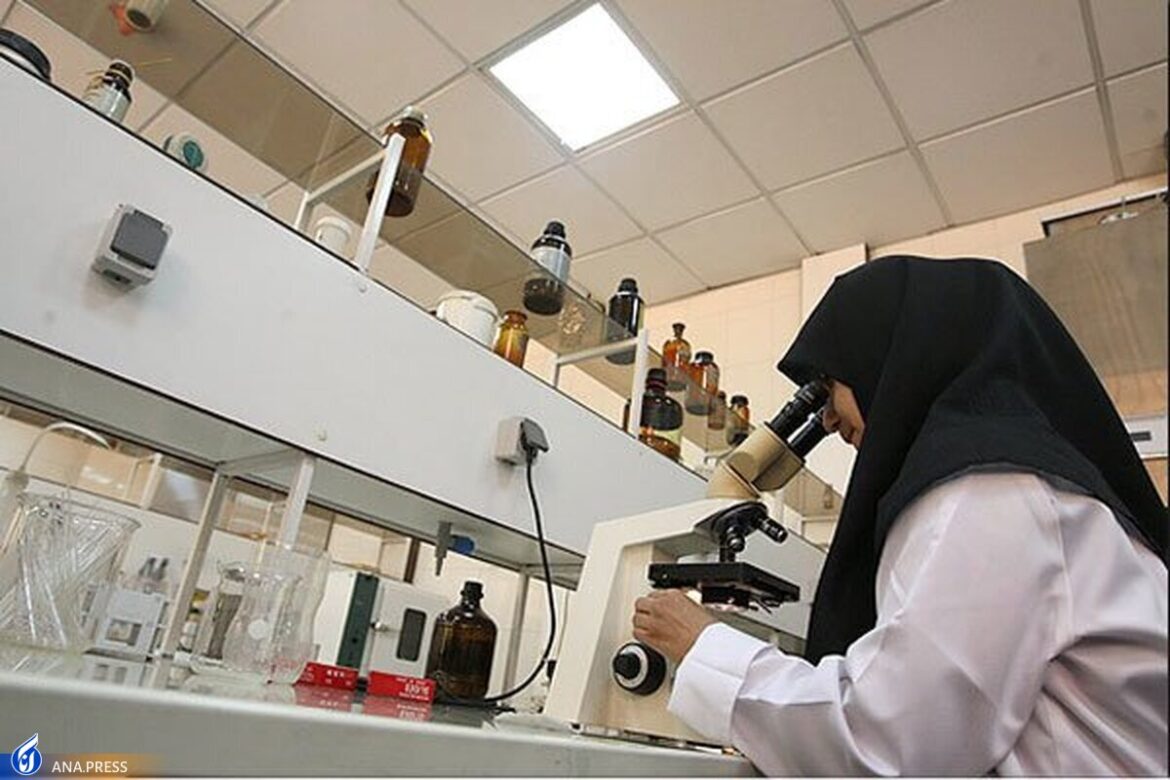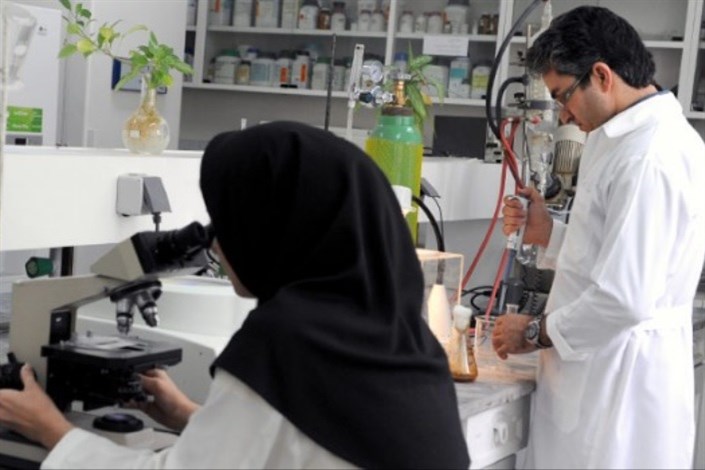A recent study highlights the intricate relationship between higher education and marriage, revealing that the impact of advanced education on marital decisions varies significantly by age. The findings, published in a leading sociology journal, challenge simplistic assumptions about how education influences personal life choices.
- Young Adults (20–30): For individuals pursuing higher education in their 20s, marriage rates tend to be lower, as academic and career priorities often delay long-term commitments.
- Older Adults (30+): Conversely, those who complete higher education later in life are more likely to marry, as financial stability and social networks formed during studies facilitate partnerships.
- Gender Differences: Women with advanced degrees historically married later, but the gap is narrowing as societal norms evolve.
Expert Insight:
Dr. Emily Carter, a sociologist involved in the research, noted, “Higher education doesn’t discourage marriage—it reshapes the timeline. Economic security and personal readiness play bigger roles than education alone.”
The study aligns with broader data showing declining early marriage rates in developed nations, while in regions with limited educational access, early unions remain prevalent.
The relationship between higher education and marriage is far from straightforward, emphasizing that life stage, economic factors, and cultural context all shape marital decisions.
phys




